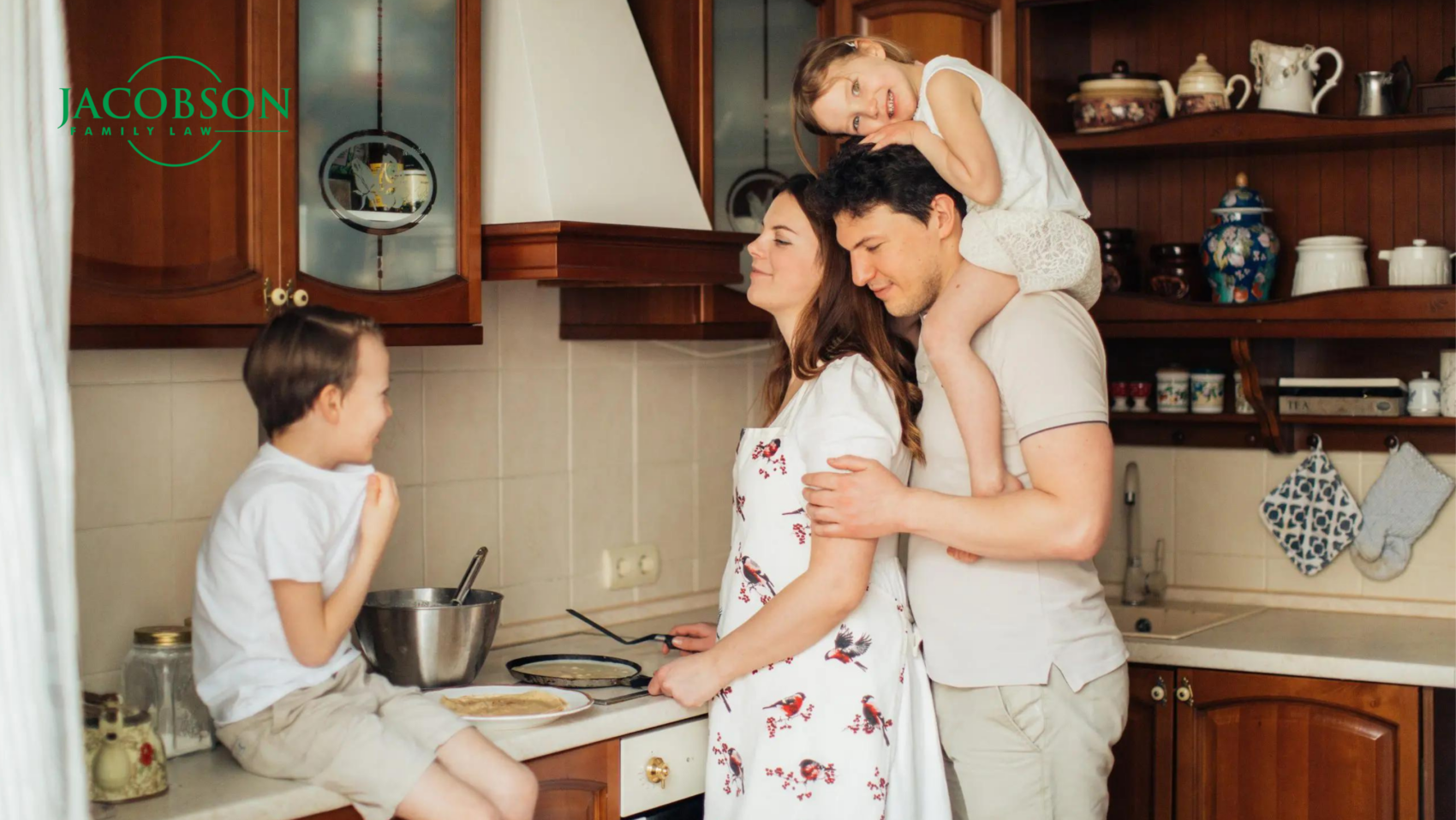
Prenuptial agreements are becoming more popular, and for good reason. They can help protect your assets and finances in the event of a divorce, and sometimes in death. One common clause found in prenups is the primary residence clause (sometimes called marital residence clause or marital home clause). This clause says that one spouse may remain in the primary residence for an agreed upon amount of time after the marriage ends. Below, we will explore what a primary residence clause is, how it works, and why it is important to consider including it in your prenup.
What is a Prenuptial Agreement?
A prenuptial agreement is a legal document that outlines how a couple’s assets and finances will be divided in the event of a divorce. It is signed before the wedding and is designed to protect both parties in case the marriage ends in divorce. It can also include other clauses, such as confidentiality, pet custody, insurance, engagement rings, and more. Not only that, but a prenup is as much an emotional document as it is a financial one. This is because to finalize a prenup, you and your future spouse must align on life and financial goals in order to come to an agreement.
What is a Primary Residence Clause?
A primary residence clause is a provision in a prenuptial agreement that specifies who will get to live in the marital home for a period of time during the divorce proceedings and possibly afterwards for some time. This typically does NOT change the ownership of the house, and the person who owns the house will take over ownership after that period of time ends. The clause can be particularly important if one spouse is a stay-at-home parent or makes significantly less money because it allows them to “get back on their feet” during the divorce and possibly for some period of time after the divorce too. This is also really helpful for parents with minor children because it can create some stability and consistency for the children throughout a divorce by allowing them to continue living in the home that they know.
How Does a Primary Residence Clause Work (Using Examples)?
Scenario 1: What happens when they are creating a prenup?
John and Jennie are getting married. Jennie plans on being a stay-at-home mom and they plan to have three kids. Jennie worries about what would happen if they were to get a divorce because she has no form of income. She learns what a primary residence clause is and believes it would be great for her situation. She talks to John about it and he agrees, although he wants to make sure the house stays in his ownership. This is all possible with a primary residence clause! So, they negotiate, and agree to allow Jennie to remain in the primary residence for a period of three years after filing for divorce. This covers the time during the divorce proceedings and probably for some time after, as well (depending on how long the divorce takes). In another part of the prenup, John ensures that this house is kept as his separate property.
Scenario 2: What happens when they get a divorce?
Fast forward 10 years and John and Jennie are getting a divorce. At this time, they have three kids, ages 2, 5, and 7. According to their primary residence clause, Jennie is allowed to remain in the house solo for a period of three years. So while the divorce is pending, John moves out and Jennie stays in the home. The divorce is finalized after six months. Jennie is STILL allowed to stay in the home (remember it’s a period of three years from the date of filing). She still has another 2.5 years to remain in the home with the children. The benefits? The children don’t have to uproot their lives and Jennie can have some time to figure out how she will support herself going forward without having to move. After the three years are up, John resumes ownership and Jennie and the children move out.
Benefits of a Primary Residence Clause
There are several benefits to including a primary residence clause in your prenuptial agreement. First and foremost, it can help avoid disputes over who is living where in the event of a divorce. By specifying who gets to live in the primary residence for a set period of time, it eliminates some of the stress when going through the divorce process.
In addition, a primary residence clause can also protect the interests of both spouses and their children. For example, if John owns the home, he can still keep the home in his separate property while simultaneously allowing Jennie (his wife) to live there for a set period of time while she gets back on her feet and cares for their minor children. This also allows the children to maintain a sense of stability amongst a stressful divorce process. Everyone wins!
Potential Downsides of a Primary Residence Clause
However, there are also potential downsides to consider. For example, if the couple has a rough break up and the person who owns the home no longer wants to allow the other person to reside there. This may cause friction in the relationship and the divorce.
Who Should Consider Including a Primary Residence Clause in their Prenup?
Any couple who owns property or plans to purchase property together should consider including a primary residence clause in their prenuptial agreement, especially if one person is a stay-at-home parent or a lesser-earning spouse. Again, a primary residence clause can be extremely beneficial to minor children of the relationship who may want to reside in their home during a tumultuous divorce.
How to Include a Primary Residence Clause in your Prenup
Here are the things you need to consider to include a primary residence clause in your prenup:
- Should one spouse stay in the marital home for a period of time? (Maybe they are a stay-at-home parent or lesser-earner, for example).
- What should that period of time be? One year after filing the divorce, three years, six-months?
Frequently Asked Questions (FAQs) about Primary Residence Clauses
Q: Can a primary residence clause be modified after the prenup is signed?
A: Yes, most states allow a prenup to be modified after it is signed, but both parties will need to agree to the modifications and sign an amendment to the original prenup. You must also follow your state’s laws on amendments and what the requirements are for a valid one.
Q: Is a primary residence clause necessary?
A: No, you can always choose NOT to include a primary residence clause and allow the state default law to decide who should live in the home or how to work out that detail.
Q: Can a primary residence clause override state property laws?
A: No, a primary residence clause usually does not dictate who OWNS the property, simply who may live there for an agreed upon amount of time.
Q: Can a primary residence clause be challenged in court?
A: Yes, a primary residence clause can be challenged in court. That doesn’t mean it’s guaranteed to be thrown out, but it is possible.
Q: Do prenups always include a primary residence clause?
A: No, not all prenups include a primary residence clause. It is up to each individual couple to decide whether or not to include it in their prenuptial agreement.
Conclusion
A primary residence clause can be an important provision in a prenuptial agreement. It can help avoid disputes over who gets to live in the marital home while the divorce is pending and once it’s final. Remember, a primary residence clause does NOT change the ownership of the home, it only allows one spouse to live in the primary residence for a set period of time. After that time is up, the original owner will take over and take the house back. Primary residence clauses are typically beneficial for stay-at-home parents with minor children who need some time to stay in the marital home while the divorce is pending and possibly some time afterwards. Ultimately, it is up to each individual couple to decide whether or not to include a primary residence clause in their prenup, based on their unique circumstances and needs.
Blog By: HelloPrenup
If you have any questions about prenuptial or postnuptial agreements, schedule a consultation with a Maryland attorney at Jacobson Family Law today on our website or by calling 443-741-1147.




